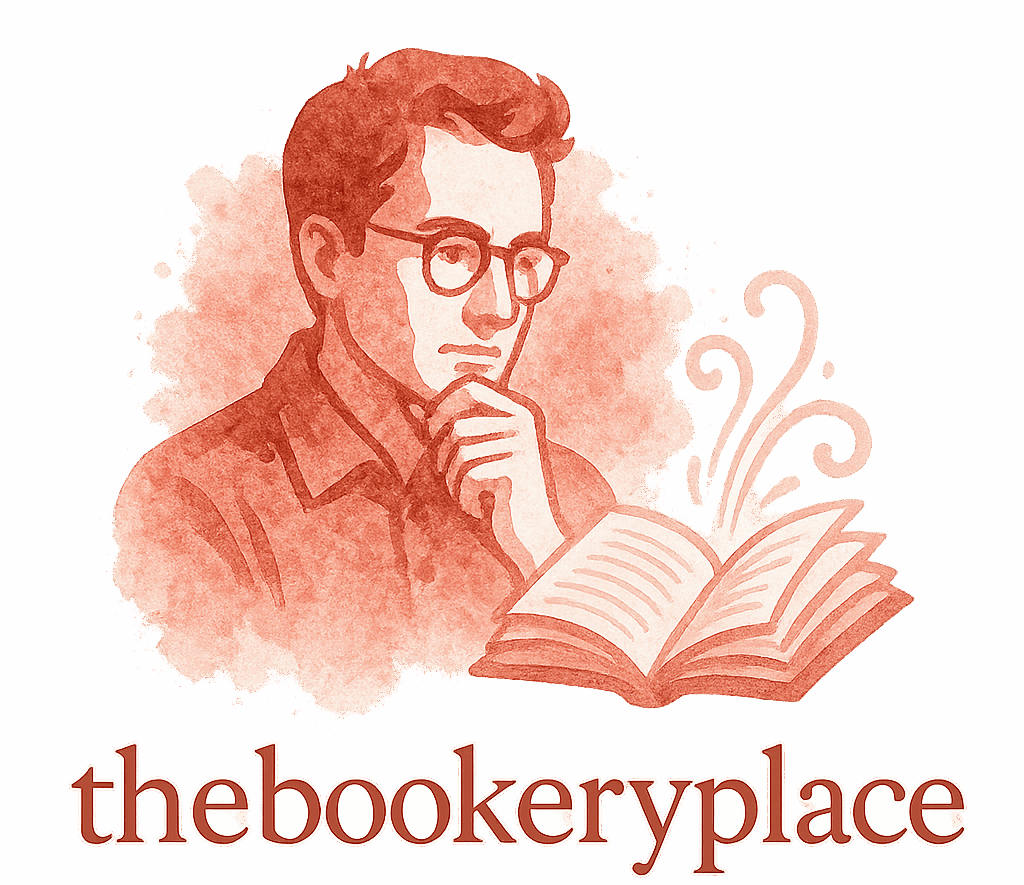Introduction: Shattering Literary Ceilings
For far too long, the literary world was defined by a narrow lens—white, male, and Western. But today, female authors from every corner of the globe are breaking barriers, redefining genres, and using their pens as tools for resistance, healing, and transformation. These bold voices aren’t just adding to the bookshelf—they’re rewriting it.
Let’s dive into 12 incredible women who are changing the narrative. And if you’re looking for more diverse voices, don’t miss our curated book lists and author spotlights over at The Bookery Place.
1. Chimamanda Ngozi Adichie – Giving Africa a Global Voice
Adichie’s writing, from “Half of a Yellow Sun” to her TED Talk-turned-essay “We Should All Be Feminists,” has had seismic impact. She crafts Nigerian characters with vibrant complexity while speaking to universal truths.
Cultural Impact & Feminist Lens
Her narratives dissect gender, colonialism, and class in ways that resonate globally. Want more impactful literature? Explore our section on world changers and classic literature.
2. N.K. Jemisin – Reimagining Fantasy Worlds
Jemisin’s Broken Earth trilogy didn’t just win awards—it shattered glass ceilings in speculative fiction. Her work centers on marginalized voices in fantasy, something rarely done before.
The First to Win Three Hugos in a Row
She became the first author ever to win the Hugo Award for Best Novel three years running. Her books challenge readers to think deeply about race, power, and belonging.
3. Malala Yousafzai – From Activist to Author
Best known for her activism, Malala’s memoir I Am Malala is a testament to resilience and the power of education.
Memoir That Moved a Movement
Her story has inspired millions, particularly young girls, to pursue knowledge fearlessly. Discover more powerful kids books that promote courage and identity.
4. Angie Thomas – Empowering Youth Through Fiction
The Hate U Give sparked conversations in classrooms and Congress alike. Thomas writes with a pulse on real-world racial injustices.
Tackling Racial Injustice in YA Literature
Her relatable characters and authentic voice have helped redefine the Young Adult genre. You can find more powerful fiction like hers through our book reviews.

5. Roxane Gay – A Voice for the Marginalized
Gay’s collections like Bad Feminist and Hunger mix sharp critique with personal vulnerability. Her honesty is magnetic.
Essays That Echo
She redefines what it means to be feminist, Black, queer, and human—all at once. For lifestyle-focused reads, check our lifestyle tag.
6. Rupi Kaur – Revolutionizing Modern Poetry
With her minimalist verse and evocative illustrations, Kaur redefined poetry for a new generation.
Instagram and Identity
Her themes—trauma, healing, femininity—have made poetry go viral. Explore more engaging beginner reads in our collection.
7. Margaret Atwood – Dystopia with a Purpose
Atwood’s chilling The Handmaid’s Tale has become a symbol for feminist resistance.
The Power of Handmaids
Her fiction imagines terrifying futures grounded in today’s politics—especially women’s rights.
8. Alice Walker – Weaving Intersectionality into Fiction
Walker’s The Color Purple remains a masterclass in depicting intersectional identity.
Color, Culture, and Consciousness
She explores African-American womanhood with unapologetic grace and grit. Dive deeper into famous authors like Walker through our detailed spotlights.
9. Arundhati Roy – Literary Radicalism from India
The God of Small Things won the Booker Prize and captivated readers globally.
Politics in Prose
Roy uses her platform and pen to challenge power structures—political and literary alike.
10. Isabel Allende – Championing Magical Realism
Allende’s lush, emotionally resonant narratives put women at the heart of Latin American history and magic.
A Feminist Literary Tradition
Books like The House of the Spirits blend myth, memory, and feminism.
11. Zadie Smith – Identity in a Multicultural World
Smith’s debut, White Teeth, was a cultural earthquake in British literature.
Voices of Modern Britain
She explores immigration, race, and class with wit and wisdom. Want more reads about cultural intersections? Check our reading tag.
12. Celeste Ng – Family, Race, and Belonging in America
Ng’s works like Little Fires Everywhere examine what lies beneath suburban perfection.
Quiet Power in Storytelling
Her characters wrestle with race, motherhood, and secrets in beautifully layered narratives. Need more books like this? Browse our reading tips and suggestions for deep reads.
The Ripple Effect: Breaking Barriers Beyond Books
These authors are more than storytellers—they’re catalysts. They’ve helped young girls see themselves as heroes, inspired social change, and broadened the literary canon.
Role Models and Literary Legacy
Every barrier they break builds a bridge for the next generation. If you’re inspired, visit The Bookery Place for more empowering reads and productivity tips to make more time for your reading journey.
Conclusion: Turning the Page Together
The literary world is more vibrant, diverse, and dynamic because of these incredible women. Whether they’re penning fantasy epics or memoirs, their voices echo with power and promise.
Want to explore more about these authors and others breaking boundaries? Dive into our latest reviews, lists, and author features.
FAQs
1. Who was the first female author to break literary barriers? Many consider Mary Wollstonecraft or Jane Austen as pioneers. However, modern authors like Toni Morrison and Maya Angelou continued to expand the boundaries.
2. How do female authors impact today’s literature? They bring diverse perspectives, tackle underrepresented issues, and introduce rich characters from all walks of life.
3. Are there female authors in genres like sci-fi or fantasy? Absolutely! Authors like N.K. Jemisin and Octavia Butler have reshaped these genres.
4. Where can I find beginner-friendly reads by female authors? Check our beginner reads tag for accessible yet powerful books.
5. What books by female authors are great for kids? Visit our curated list of children’s books to find empowering titles for young readers.
6. Do these authors only write fiction? Not at all! Many like Roxane Gay and Malala write non-fiction, essays, and memoirs.
7. How can I support female authors? Read their books, review them, share them, and explore more voices via author spotlights.

